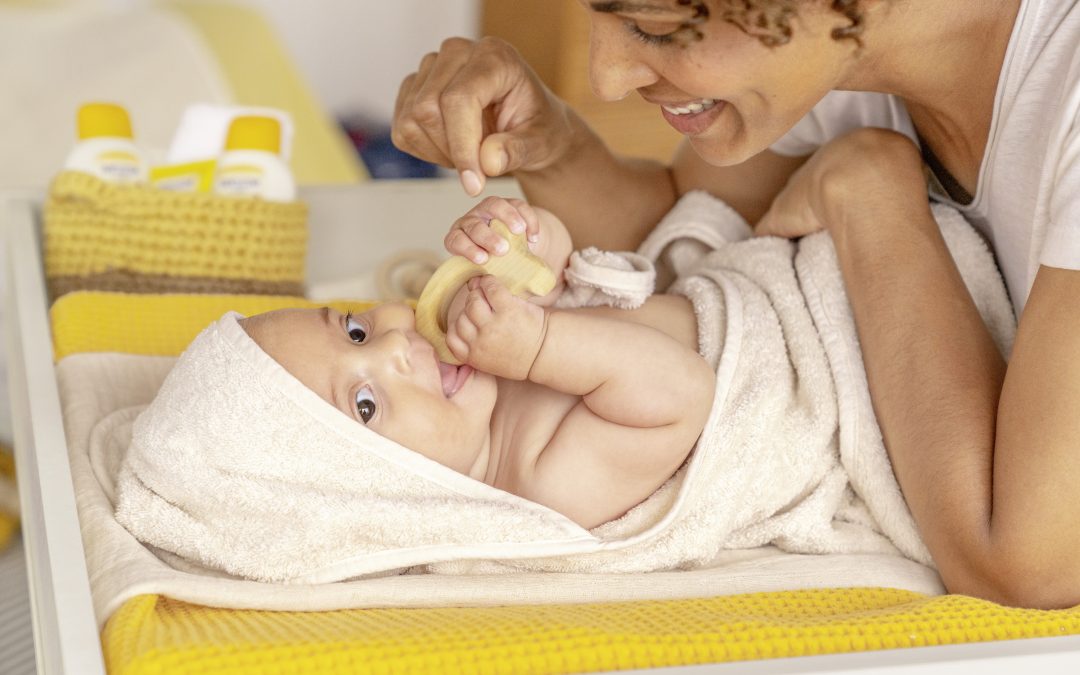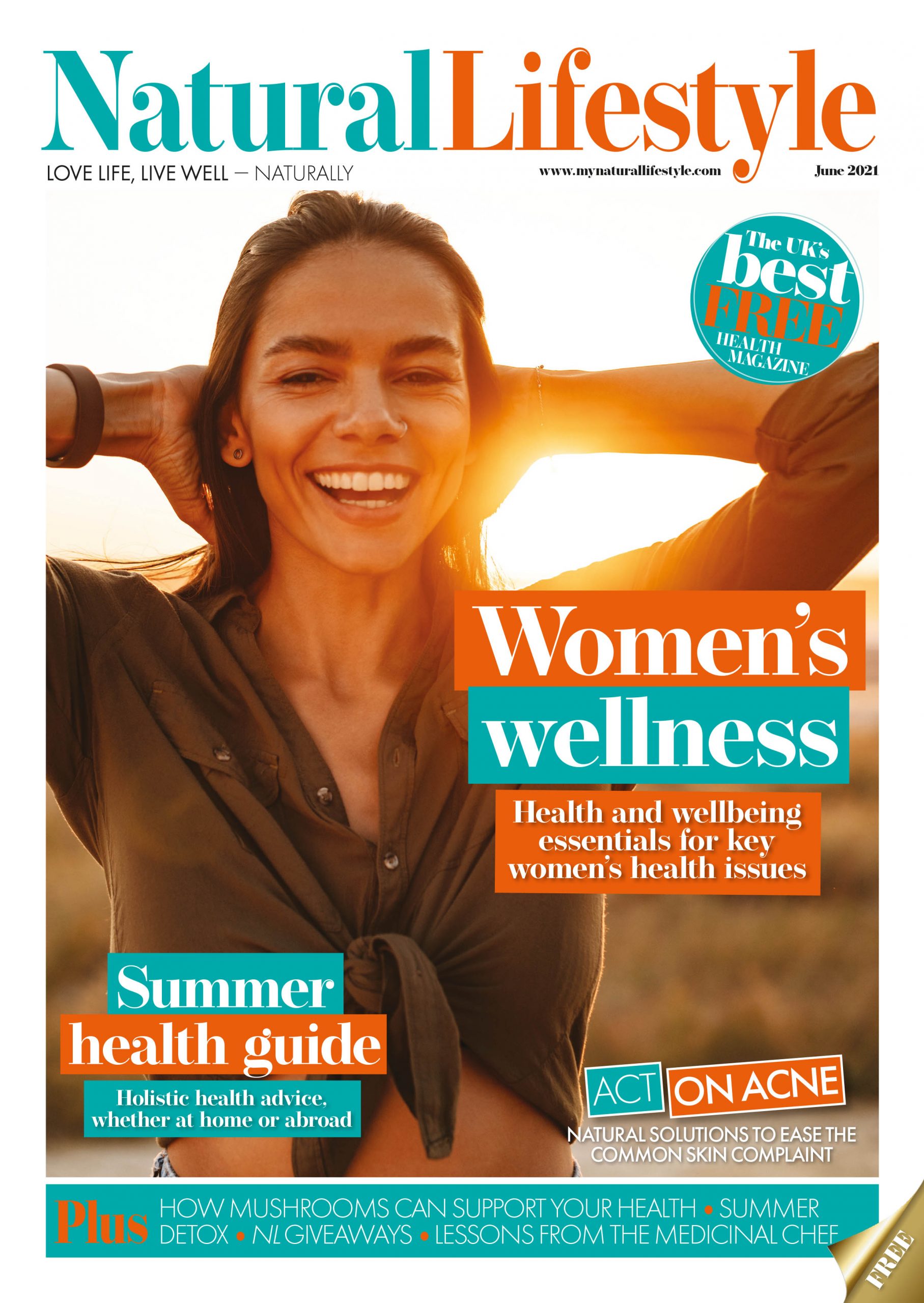If you have concerns about the chemicals in products you use on your baby, then a new event this week could be for you.
The Women’s Environmental Network (Wen) is launching the first ever Green Baby Day, taking place on June 14 and sponsored by Weleda. The day of action calls for a sustainable and toxic free future for babies and children, their parents and carers.
Green Baby Day aims to provide information to help families make healthy, eco-friendly and affordable choices to minimise exposure to harmful chemicals and focuses attention on the need to ensure effective chemicals regulation to protect current and future generations, especially post Brexit.
You can join a free online discussion, Why should we be talking about harmful chemicals?, between 1-2pm, with guest speakers, Charlotte Brody, National Director for Healthy Babies Bright Futures and Vice President for Health Initiatives of the BlueGreen Alliance, together with Wen’s expert scientific researcher, Helen Lynn, and Weleda’s Skincare Expert, Elizabeth King, to find out why we should be concerned about toxic chemicals in everyday products and what we can do to reduce our exposure.
But why is this so important?
Exposure to toxic chemicals and pesticides is a feature of everyday lives in our homes, workplaces and in the wider environment. There are tens of thousands of chemicals in regular commercial use, many with little health and safety information, with the potential to harm our health, our fertility, the health of our children and future generations. Children are particularly vulnerable, but to the developing foetus even small exposures can have serious and lifelong health consequences especially at specific times during pregnancy.
Prebirth or early life exposure to certain chemicals has been linked to a range of diseases including cancer, birth defects, fertility, developmental, neurological, and immune disorders. Harmful chemicals can adversely impact our respiratory, reproductive, cardiovascular and urinary systems, and disrupt our endocrine system (our body’s network of hormone producing organs and glands, controlling all our vital functions from growth and development, to metabolism and reproduction). These chemicals and even microplastics from consumer products have a nasty habit of ending up where they shouldn’t. Recent examples include microplastic in baby poo and 109 toxic chemicals such as flame retardants, cosmetics ingredients, and plasticisers found in maternal and umbilical cord blood, including 55 that had never been found in people before.
To find out more visit https://www.wen.org.uk/greenbabyday


